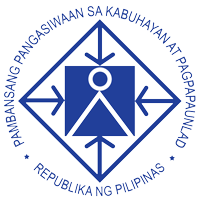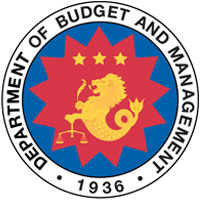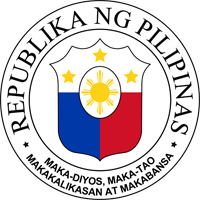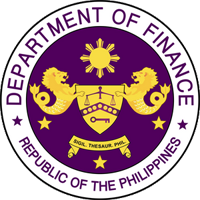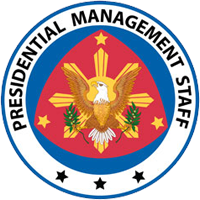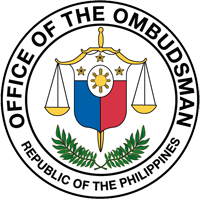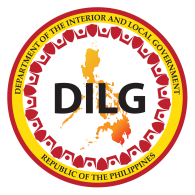(Malacañang Administrative Order No. 25 S. 2011)
The AO25 IATF is chaired by the Department of Budget and Management (DBM) and co-chaired by the Office of the Cabinet Secretary (OCS). Its members include the Office of the President – Office of the Executive Secretary (OP-OES), National Economic and Development Authority (NEDA), the Presidential Management Staff (PMS), and the Department of Finance (DOF). The Technical Working Group, chaired by DBM, is composed of representatives of member agencies as well as the invited members:
- Civil Service Commission (CSC)
- Commission on Audit (COA)
- Office of the Ombudsman
- Commission on Higher Education (CHED)
- Career Executive Service Board (CESB)
- National Competitiveness Council (NCC)
- Governance Commission for the Government-Owned and Controlled Corporations (GCG)
- Local Water Utilities Administration (LWUA)
- Department of the Interior and Local Government (DILG)
The Development Academy of the Philippines (DAP) serves as the Technical Secretariat and Resource Institution of the AO25 IATF.
The AO25 Inter-Agency Task Force (IATF) has set in place the Results-Based Performance Management System (RBPMS), which serves as single performance management system for the whole of the Executive Branch, in place of the multiple and disparate performance management systems that are currently being implemented. This seeks to rationalize, harmonize, streamline, simplify, integrate, and unify the performance management systems and activities of oversight government agencies.
The RBPMS consists of a set of comprehensive performance indicators that will cut across societal and sectoral performance, down to organizational and individual performance with reference to the Five KRAs under EO 43, the Results Matrix, and the Organizational Performance Indicators Framework.

It highlights citizen-focus and a culture of public service while linking the drivers of organizational performance, namely: financial stewardship; internal process efficiency; and leadership, learning and growth to higher level goals and desired outcomes.
The Major Final Outputs or the goods and services delivered by a Department will now be measured on the basis of how the needs of citizens are efficiently and effectively addressed, i.e., “kung naramdaman ni Juan dela Cruz ang serbisyo ng gobyerno”.
In addition, agency performance in the scorecard will also hinge on the quality of good governance in each agency, particularly through these drivers: financial stewardship, or the judicious utilization of public resources and assets of the Government; internal process, which focuses on driving efficiency and seamlessness in work systems and processes to deliver services to the public; leadership, learning, and growth which focuses on the ethical behavior of senior officials and leaders that promote public trust, as well as the innovation arising from learning and growth conditions within the Department/Agency.
In line with its commitment to the principles of good governance, the Aquino Administration strongly encourages the exemplary performance of government agencies and civil servants. The Performance-Based Incentive System (PBIS) serves this purpose as it seeks to recognize and reward commendable accomplishments by agencies and individual employees of the public sector. Introduced in FY 2012 by virtue of Executive Order No. 80, the PBIS seeks to align personnel efforts with organizational targets by encouraging higher performance and greater accountability in the government.
Government incentives used to be uniformly given to all civil servants regardless of the quality and quantity of their performance and public service delivery. In some instances, the old incentive system had been abused, with non-performers and underperformers receiving the same amount of bonuses as their more hardworking colleagues. The PBIS seeks to reform this flawed system by ensuring that high-performing civil servants are duly recognized and rewarded. Under the PBIS, exemplary government employees will receive two incentives: (1) the Productive Enhancement Incentive (PEI) which is annually distributed to all government employees across the board, and (2) the Performance-Based Bonus (PBB) which will be given to employees depending on their actual performance and contributions to the accomplishment of their respective Departments’ targets.
Within each Department/Agency, attached bureaus and agencies will be force-ranked according to four categories:
- Best Bureaus (top 10 percent of ranked bureaus),
- Better Bureaus (next 25 percent),
- Good Bureaus (remaining 50 to 65 percent), and
- Poor Bureaus (bureaus that failed to accomplish 90 percent of their targets).
Likewise, the performance of individual civil servants will be evaluated within their respective bureaus or delivery units. Based on their actual performance, they will be ranked into the same four categories as above.

